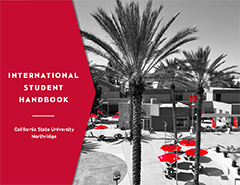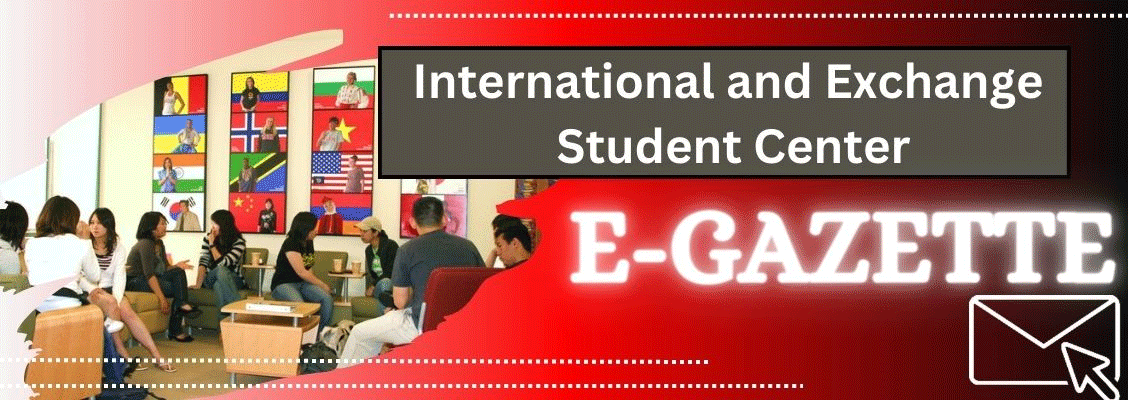International students are required to submit an Affidavit of Financial Support and bank statement along with their application to the university. This is a requirement for admission and issuance of form I-20. Students are expected to have the funds required to pay for their education. F-1 students are not eligible for financial aid. Employment and practical training is a benefit of the F-1 student status but is not guaranteed.
Always consult with a foreign student advisor before starting any employment or paid practical training. It is extremely important to keep in mind that it is your responsibility to engage only in employment or practical training authorized as permissible for F-1 students. Any unauthorized employment or paid practical training, even if it is for a few hours and/or you did not know it was unauthorized, places you out of status and possibly terminates your status in the United States.
Categories of F-1 Student Employment
Students may be authorized to work 20 hours per week during the semester and 40 hours per week during vacations when authorized to work under any of the following work categories.
You are eligible to work on-campus on a part-time basis, which is 20 hours or less per week when school is in session. During vacation periods (summer and winter), if you are eligible and intend to register for the next semester, you may work on-campus for 21 or more hours, which is defined as full-time employment. To work on campus, you will need an International Student Verification Form and a Social Security number (SSN).
An eligible F-1 or J-1 student may request off-campus employment based upon severe economic hardship caused by unforeseen circumstances beyond his or her control. F-1 students must have been in student status for at least one academic year and must be able to clearly document the circumstances causing economic need. Approval is subject to adjudication by United States Citizenship and Immigration Services (USCIS). J-1 students may request employment authorization from the Responsible Official (RO).
Special Student Relief (SSR) is the suspension of certain regulatory requirements by the secretary of the U.S. Department of Homeland Security (DHS) for an F1 student from parts of the world that are experiencing emergent circumstances. Regulatory requirements that may be suspended or altered for an F-1 student include: duration of status, full course of study and off-campus employment eligibility.
Permission must be granted by IESC (on-campus employment) or USCIS (Off-Campus employment) before a student can utilize the SSR provisions. DHS must first issue a Federal Register (FR) notice for your country and you must meet the eligibility requirements before you can apply.
Categories of F-1 Student Practical Training
CPT refers to required paid internship, cooperative education, or practicum which is related to an F-1 student's field of study. The student must be registered for a course where the student will receive unit credit for the CPT training towards his/her degree. IESC processes student requests for paid internship/training authorization if required for a degree program with the academic department recommendation. CPT is approved by a foreign student advisor from IESC. CPT approval is endorsed on the student’s I-20.
Important: CPT approval will be granted for one semester at a time and for the semester the student is registered. Unpaid internships do not require CPT approval.
Optional Practical Training provides an opportunity for students to apply theoretical knowledge gained from academic programs to practical employment experience.
How to obtain a Social Security Number (SSN)
Students are advised to wait a minimum of 10 days after arrival in the United States before applying for a SSN. This gives USCIS and the Department of Homeland Security sufficient time to record your arrival and status in their databases.
In order to apply for a SSN you must have the following documents:
- On-campus job offer letter (sample letter from the hiring department)
- Letter from IESC verifying enrollment and job offer
- Letter from IESC authorizing employment (for J-1 students only)
- A valid passport
- Current I-20 form
- I-94 form
You must present these documents to the Social Security Administration together with your application.
Students who are ineligible to receive a SSN may obtain a tax identification number. For more information visit the Internal Revenue Service.











